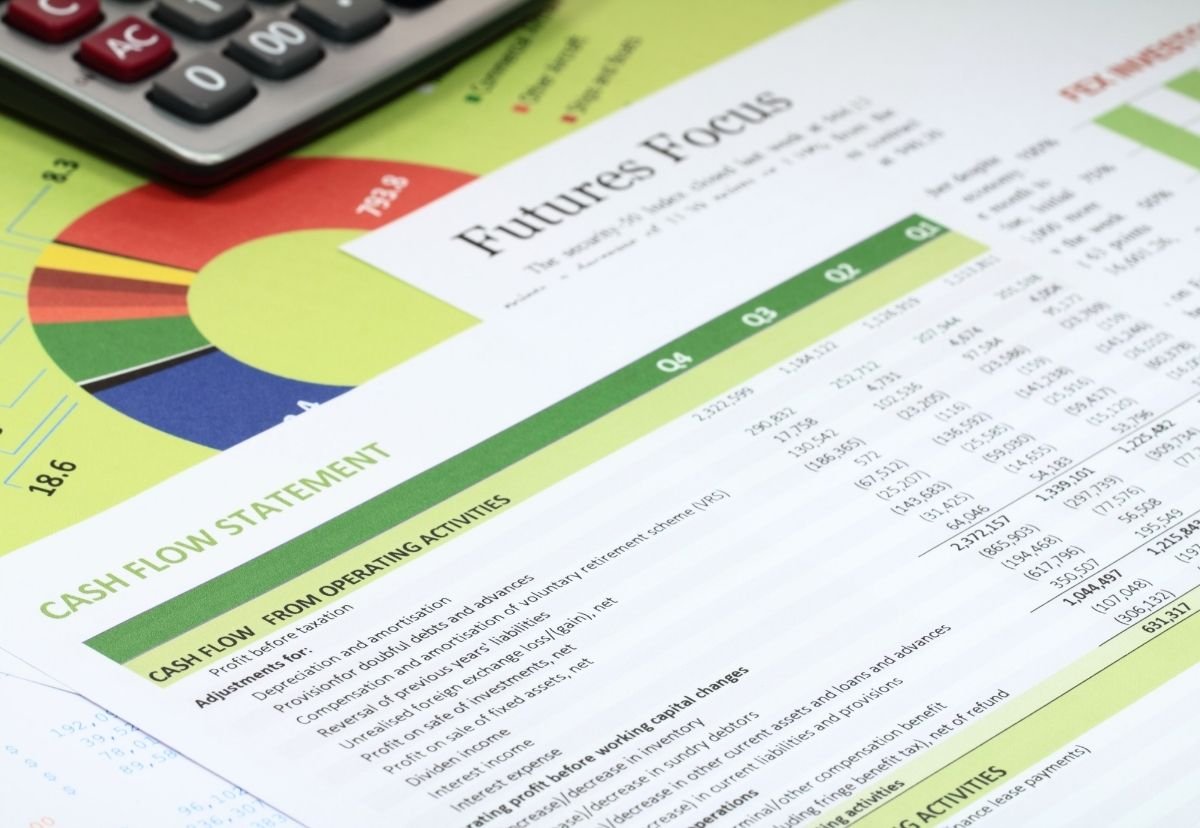Debts and disputes and the ‘new normal’
Written by the Commercial Dispute Resolution Team | 2nd July 2020
Most businesses will now either have returned from lockdown or planning a return to some form of normality. However, ‘business’ may be far from usual for a while yet. This is especially the case when returning to work means being confronted with mounting debts and disputes.
With the lockdown easing, many businesses will be hoping for a return to normal as soon as possible. However, normality is unlikely for the foreseeable future. Unfortunately, many will also be returning to a new set of challenges. These will need to be overcome before they can settle down to work.
At or near the top of the agenda for businesses will be their staff. As for the debts and disputes you could face, here is our take on some key issues. These will undoubtedly be at the front of minds of business owners once they reopen:
Supply Arrangements
Most businesses rely in one way or another on contracts with other businesses. An obvious one being supply arrangements for retail and manufacture. Those returning from lockdown could face a great amount of uncertainty here. You may find yourself either facing a large debt with one of your suppliers, or in turn they are in debt to you, which can make it difficult to plan ahead effectively.
In either scenario, we recommend first of all that you try and talk to the other party, with a view to agreeing new payment conditions. This would get vital cash moving back into your business early and is certainly preferable to moving straight to litigation and court proceedings. These are lengthy, expensive and can yield no better result than if the litigating party had sought to negotiate in the first place.
Regrettably, in times of difficulty, negotiations could fail or your attempts to strike a fair bargain could come to nothing. During the lockdown we assisted several parties whose attempts to talk through the issues fell on deaf ears, leaving them with little alternative other than to threaten Court or even insolvency proceedings to protect their interests.
Insolvency
If you are contemplating taking steps to put a company into insolvency, it’s also worth bearing in mind the law is rapidly changing in reaction to the Coronavirus situation. This includes the Corporate Insolvency and Governance Bill, currently rushing through Parliament. However, in brief, the idea is that businesses at risk will be given breathing space from the immediate demands of creditors. This includes introducing a moratorium on such demands while the company sorts out a rescue deal. It also includes a prohibition on termination clauses that kick in on insolvency. In ordinary circumstances, these restrictions inhibit vital cash injections into companies from supply and other agreements. The changes will certainly make it preferable to broker new terms rather than rely on complex and expensive proceedings. These may now be prohibited anyway.
Business Interruption Insurance
A quick word about Business Interruption Insurance. This is still a common query businesses have as there remains considerable confusion among policyholders as to its application. A recent FCA report has now concluded that, in the majority of cases, there will regrettably be no cover. However, some policies do contemplate eventualities such as a mass pandemic. It’s important to check your policy wording if business interruption is included. If you are in any doubt talk to your insurer.
What to do next
As the lockdown thaws, each business will be faced with its own unique concerns as to what it does next. This unknown territory can be tough to plan ahead for. This is especially the case where mounting debts and disputes need to be sorted before business can return to something like normality. If this sounds familiar and you are looking for some useful, Commercial Disputes advice, get in touch with Jamie Carr, on 01752 827014 or you can email him at jcarr@nash.co.uk.
Speak to a Commercial Dispute Solicitor
You can call Jamie Carr, Head of Disputes, on 01752 827014 or you can email him at jcarr@nash.co.uk.









